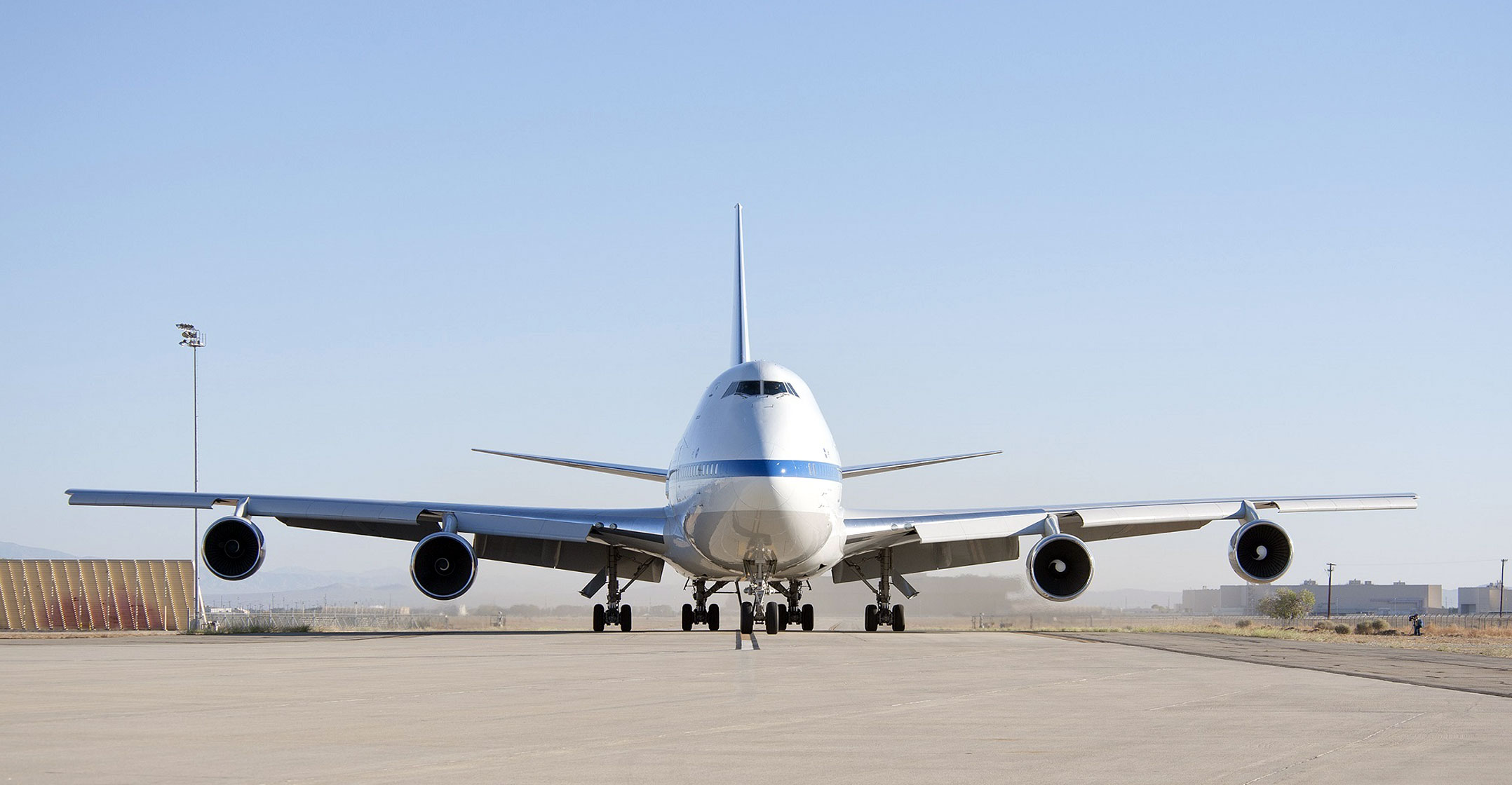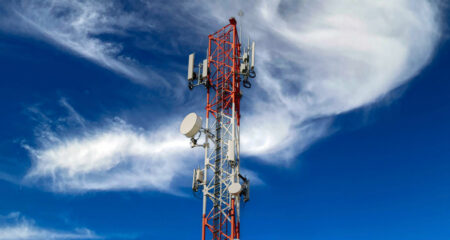 Airlines across the world are adjusting their schedules and aircraft deployments for flights to the US over fears that a 5G roll-out by AT&T and Verizon Communications near American airports could interfere with key safety systems.
Airlines across the world are adjusting their schedules and aircraft deployments for flights to the US over fears that a 5G roll-out by AT&T and Verizon Communications near American airports could interfere with key safety systems.
Dubai’s Emirates Airline said it will suspend flights to several US cities, including Chicago, Newark and San Francisco, while Japan Airlines and ANA Holdings said on Tuesday that they will drop some routes and won’t fly their 777 jets to and from the US mainland after a warning from Boeing.
Korean Air Lines said its 777 and 747-8 aircraft are affected by the 5G service, and is rearranging its fleet. Air India also warned flights to the US will be curtailed or revised from 19 January.
The concerns stem from potential interference with sensitive navigation equipment used during landings in poor weather, which a trade association representing major US airlines said could lead to “catastrophic disruptions”. Frequencies within the so-called C-band being used for the 5G services are near airwaves used by aircraft radar altimeters, which track altitude and allow landings in bad weather. They also feed multiple critical safety systems.
AT&T and Verizon agreed late on Tuesday to delay switching on hundreds of 5G cell towers near US airports following last-minute talks with government officials over safety concerns. The companies, which spent billions of dollars in a government auction last year for the rights, didn’t provide details on how long the suspension might last or the size or the zone around airports.
President Joe Biden said on Tuesday the agreement will avoid “potentially devastating disruptions” to passenger travel, cargo operations and a recovery in the economy. Delta Air Lines still said it was preparing for possible weather-related cancellations starting as early as Wednesday if 5G signals cause limited interference with altitude instruments under certain conditions. — Anurag Kotoky, (c) 2022 Bloomberg LP




